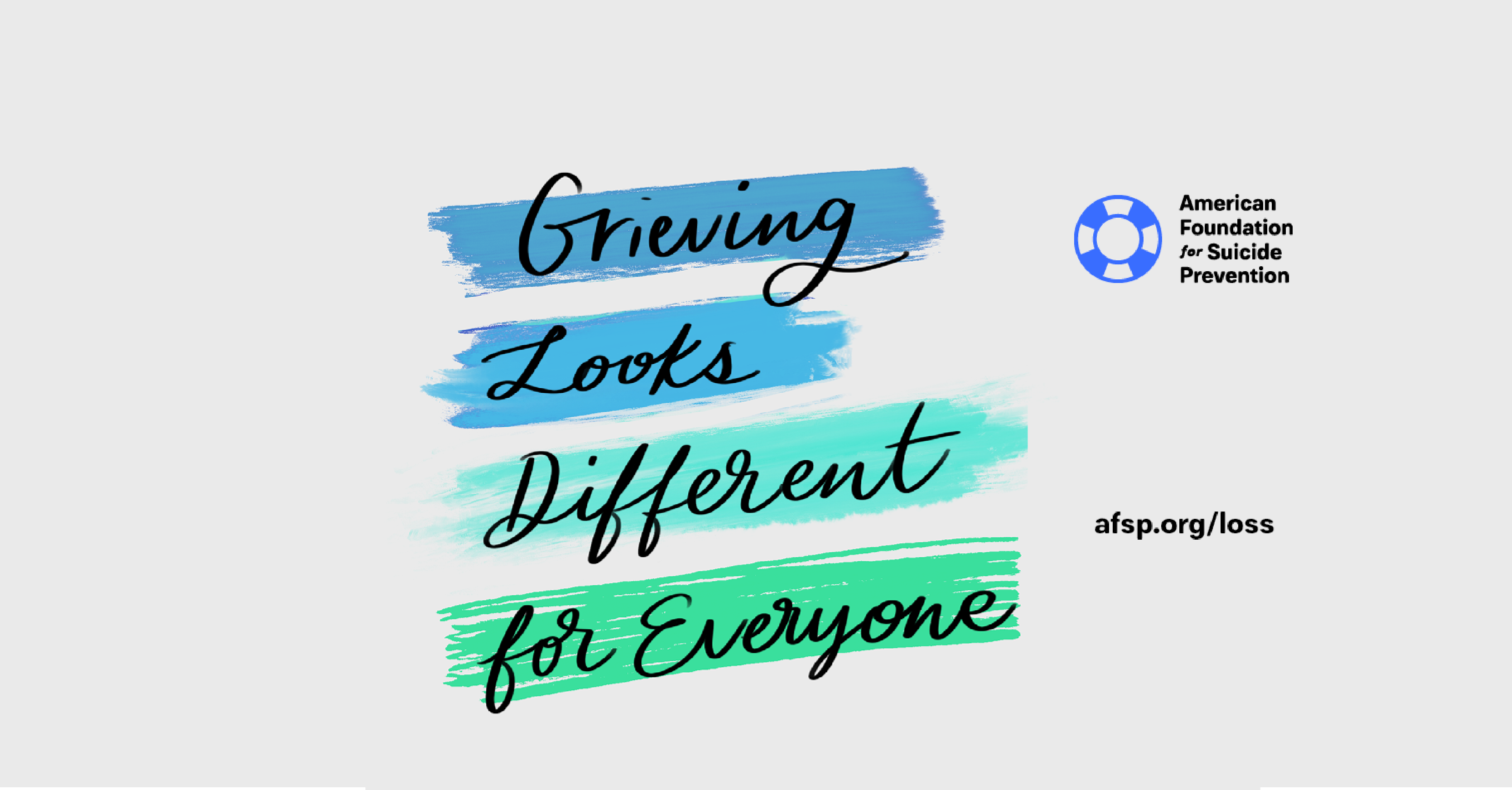It is always difficult to deal with emotions around the death of a loved one or friend; but it is much more difficult to struggle through the loss due to suicide. Unanswered questions – questions that may never be answered often plague family and friends. Behavioral Health Solutions has a team of professionals able and willing to help survivors of suicide loss find the help and support they need to cope.
According to the CDC, suicide is the 10th leading cause of death in the United States – more than 47,500 deaths in 2019 attributed to suicide – that is one death by suicide every 11 minutes. It is the second leading cause of death for people ages 10-34 And the rate of suicide increased 33% between 1999 and 2019. A study referenced by Harvard Women’s Health Watch in 2020 stated that each person who dies by suicide leaves behind an estimated six or more “suicide survivors” — people who’ve lost someone they care about deeply and are left grieving and struggling to understand.
Unfortunately, suicide continues to carry a stigma, as do so many other mental health issues. That stigma may make it difficult for survivors to grieve properly and find the support that is often available to others coping with death and loss. Close, supportive friends often don’t know how to help, or what to say, and worse yet, often say things that unknowingly land wrong or cut deeper wounds. Sometimes, connecting with others who have survived loss to suicide is a path to healing. Many support groups are available and this year on November 20th, and on every Saturday before Thanksgiving, the American Foundation for Suicide Prevention (AFSP) supports International Survivors of Suicide Loss Day events worldwide. This event allows “survivors of suicide loss to come together and find connection, understanding, and hope through their shared experience.” Survivors share a unique experience and can empathize and understand others’ loss – that is how support groups can help. To learn more about AFSP or find a local chapter, go to their website: afsp.org.
Acute loss with feelings of guilt, rejection, loneliness, and anger are typical feelings for those experiencing suicide loss. Healing from this grief does not follow an easy path and this trauma can ultimately lead to depression. If you are a survivor of suicide loss and need professional help, call BHS at 702-608-1976
If you are struggling with thoughts of suicide – there is help! Call the National Suicide Prevention Lifeline: 1-800-273-TALK (8255)

